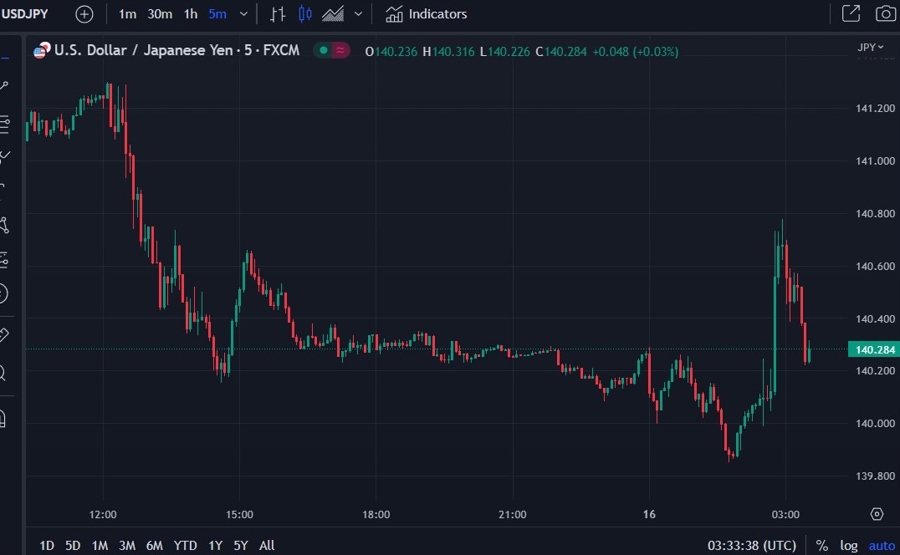UBS Lowers China’s Economic Growth Forecast
UBS has recently revised down its forecast for China’s economic growth in 2023 to 5.2%, from the previously projected 5.7%. This adjustment reflects the challenges that China is facing in maintaining stable and sustainable growth amidst global economic uncertainties and domestic reforms.
BOJ Maintains JGB Yield Curve Control
The Bank of Japan (BOJ) has announced that there will be no change to its JGB Yield Curve Control tolerance band, as widely expected. This decision indicates the central bank’s commitment to supporting the Japanese economy through monetary policy measures.
Westpac Predicts RBA Terminal Rate
Westpac has forecasted that the Reserve Bank of Australia (RBA) terminal rate will reach 4.6% by August. This projection suggests that the RBA may continue to gradually increase interest rates to manage inflation and financial stability.
China’s State Planner Accelerates Key Projects
China’s State Planner has announced plans to expedite the implementation of key projects to boost economic growth and address structural challenges. This initiative aims to enhance infrastructure development and stimulate domestic demand.
China Issues Third Batch of Crude Oil Import Quotas
China has issued its third batch of 2023 crude oil import quotas, increasing volumes by up to 20% year-on-year. This move is aimed at securing energy supply and supporting the country’s growing demand for oil.
Summers Criticizes FOMC Decision-making
Economist Larry Summers has criticized the Federal Open Market Committee (FOMC), stating that internal politics are driving its decision-making process. He describes this situation as ‘disturbing’ and raises concerns about the transparency and effectiveness of the FOMC’s policies.
PBOC Sets USD/CNY Reference Rate
The People’s Bank of China (PBOC) has set the official reference rate for USD/CNY, reflecting the central bank’s efforts to manage the exchange rate and stabilize the currency market. This decision has implications for China’s trade competitiveness and external economic relations.
Impact on Individuals
The revisions in economic growth forecasts and monetary policies by major financial institutions can have direct implications for individuals. Changes in interest rates, exchange rates, and investment strategies may affect personal finances, savings, and purchasing power. It is important for individuals to stay informed about these developments and consider adjusting their financial plans accordingly.
Global Implications
The decisions and actions taken by key players in the global economy, such as China, Japan, Australia, and the US, can have far-reaching consequences for the world. Shifts in economic growth, trade policies, and monetary measures impact international markets, supply chains, and geopolitical dynamics. The interconnectedness of economies underscores the importance of monitoring and analyzing these developments on a global scale.
Conclusion
In conclusion, the recent updates in economic forecasts, monetary policies, and strategic initiatives reflect the evolving landscape of the global economy. As stakeholders navigate through uncertainties and opportunities, it is essential to adapt to changing conditions and make informed decisions. By staying vigilant and proactive, individuals and nations can better position themselves to withstand challenges and thrive in a dynamic environment.





